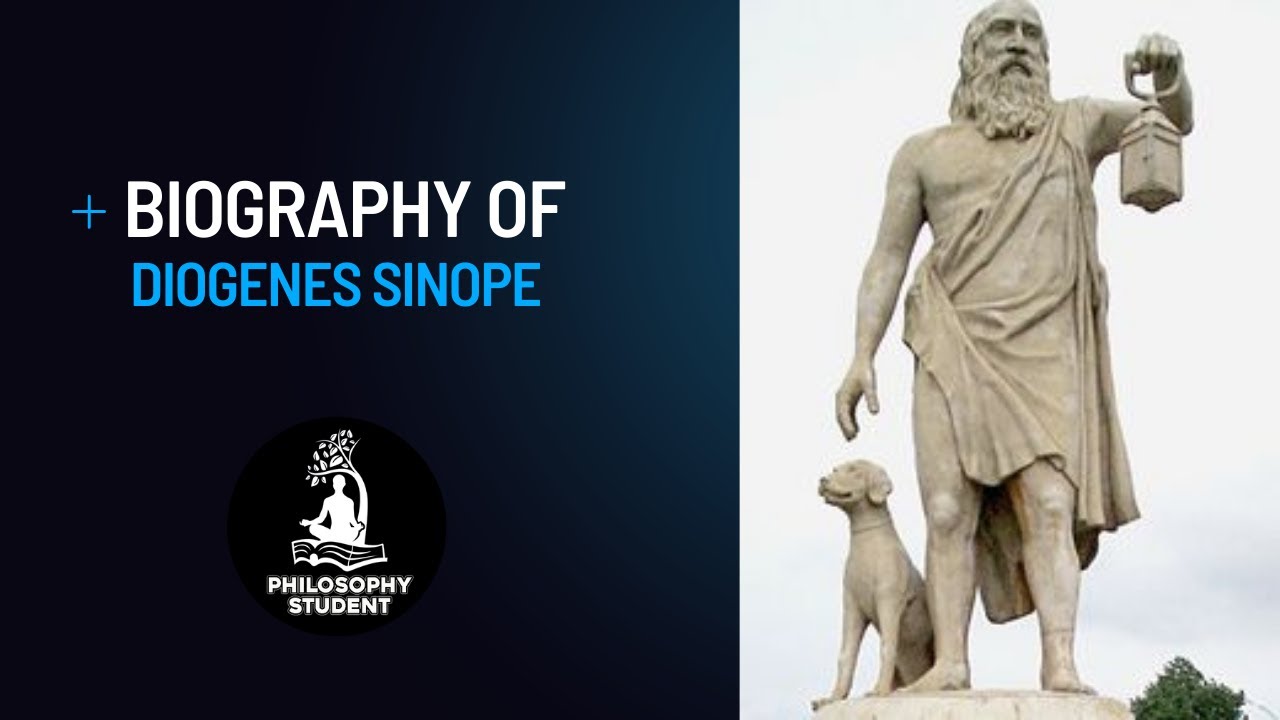Born about 412 BC in the Ionian Black Sea colony of Sinope, Diogenes was a founder of Cynic philosophy and by far the most famous of the Cynics—ascetics, who believed that the purpose of life was to live naturally and virtuously, shunning power, fame, and wealth —indeed, all material possessions.
Perhaps a student of the orator and friend of Socrates, Antisthenes (ca. 441-366 BC), Diogenes philosophized but may have written none of it down. At least nothing of his work survives. He is known only through stories that depict him as debating, variously, the likes of Alexander the Great and Plato.
It is believed that Diogenes fled (or was exiled from) his native Sinope after having defaced some of the colony’s coinage. He took refuge in Athens, where—in the most famous story concerning him—he took up residence in a pithos, or tub.
Plato famously characterized the philosophy of Diogenes as the work of a “Socrates gone mad.” He was notoriously scornful of all convention, was ashamed of nothing, and believed that his shamelessness was in harmony with both nature and reason. He scoffed at accusations of his being a madman by pointing out that if a person walked about with his middle finger extended, he would be called mad. If, however, he extended his little finger, no one would think anything of it. It was all a matter of convention, to which people were unnaturally wedded.
Diogenes believed that reason should guide all conduct. Otherwise, one would be reduced to level of an animal in need of a leash. He was harshly critical of Plato and famously mocked his definition of a human being as an animal that stood on two legs and lacked feathers. He rebutted this definition by plucking a chicken and displaying it as Plato’s human being. He was equally harsh on Platonic ethics, which he dismissed as mere theory. Diogenes, in contrast, was said to have walked about—in daylight—with a lamp, proclaiming that he was in search of a human being—by which he meant a being who acted in accordance with reason and was thus virtuous.
Reportedly, Diogenes died in Corinth about 323 BC, when he would have been in his late eighties or early nineties.




































